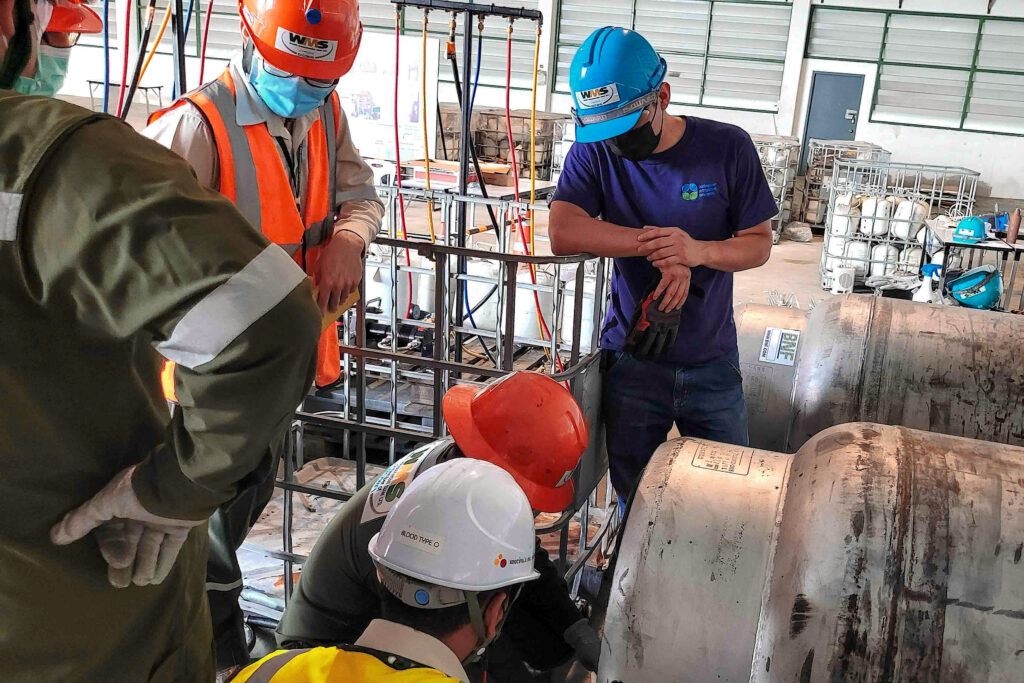
From Maine to Thailand: The power of carbon markets to drive solutions
New case study series published by ACR at Winrock International digs into the stories of people and organizations taking climate action by tapping carbon markets.
“When ACR was founded in 1996, before the December 1997 adoption of the Kyoto Protocol, we were the first private greenhouse gas registry in the world,” says Mary Grady, executive director of ACR at Winrock International. “In our nearly 30 years of operation, we have shown what integrity means in practice. From scientific peer-reviewed methodologies to oversight of independent third-party verification and well-accepted approaches for additionality, leakage and reversal risk mitigation, ACR has helped to shape market expectations.”
A new case study series launched by ACR describes how some of those expectations are being met, detailing how the carbon markets help companies, governments and other stakeholders meet important climate goals.
One of the first case studies focuses on the Anew-Tomah Highlands Forestry Project. Set on more than 36,000 acres of Acadian Forest in Maine, the project shows how the sale of carbon credits supports conservation and climate goals, while also promoting regional economic development to build the bioeconomy from responsible forestry.

“Improving the way regional forests are managed offers the largest opportunity to achieve this climate benefit,” the case study states. “One simple strategy is to let trees grow older. Generally speaking, by deferring or delaying harvest, forests store more carbon and wildlife habitat improves. These outcomes have been proven, even when the older trees are eventually harvested, because carbon, wildlife, and timber values in the forest overall increase with age. But delaying harvest costs the landowner, since they do not get paid until timber is cut. Carbon credits can help bridge this gap.”
Bob Perschel, executive director of the New England Forestry Foundation, adds: “The best program hits the sweet spot of accumulating carbon over time while also improving the forest and production per acre.”
The second of ACR’s case studies focuses on the Tradewater-Thailand Carbon Project. With no law, rule or regulation requiring the destruction of ozone-depleting substances – which are also potent climate-changing gases – and without financial resources to pay for destruction, the Thai government worked with Tradewater – a mission-based project development company focused on the collection, control and destruction of potent non-CO2 greenhouse gases − to safely and responsibly destroy gas from more than 1,400 cylinders.
The case study notes: “As part of their work to enforce the [Montreal] Protocol, Thai Customs officials collected cylinders containing CFC-12 that were brought into the country without the permits required by the Thai government. This ozone-depleting substance is among the most potent greenhouse gases ever produced – with over 10,000 times the global warming potential of carbon dioxide.”

Lacking the financial resources to pay for destruction, “the gas would have continued to sit in – and over time continued to leak from – these cylinders. Instead, the carbon market enabled the financial backing to safely and responsibly destroy these gases while building knowledge and capacity for the Thai government to manage them in the future.”
In the months ahead, ACR plans to publish additional case studies sharing the stories of people and organizations using carbon markets to drive high-impact climate action around the world.
You can find both published case studies on ACR’s website here.
Related Projects

